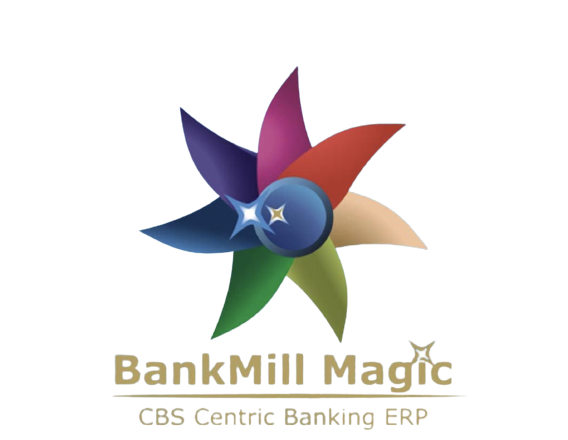
In today's fast-paced and constantly evolving business world, managing a bank can be a daunting task. Banks must manage numerous customer accounts, process transactions, comply with regulations, and handle financial reporting, all while maintaining a high level of customer satisfaction. This is where Enterprise Resource Planning (ERP) software can come in handy.
ERP for banks is crucial for managing banking operations efficiently and effectively. It provides a comprehensive platform for managing financial and non-financial activities across the organization, including accounting, human resources, marketing, procurement, inventory, and customer relationship management. Here are some of the key reasons why ERP for banks is so important:
Integration of Operations
ERP software provides an integrated platform for managing different operations of a bank. It enables the bank to manage all functions in one place, ensuring that all departments can easily share information and work together effectively. This allows for better collaboration and more efficient decision-making across the organization.
Streamlined Processes
ERP systems automate routine banking processes and streamline workflows, making it easier to manage a bank's day-to-day operations. This eliminates the need for manual work, reduces errors, and minimizes the risk of fraud or other financial crimes. Additionally, it enables banks to provide more efficient services to their customers, which can lead to increased customer satisfaction.
Accurate Financial Reporting
ERP for banks provides accurate financial reporting, which is crucial for regulatory compliance and risk management. This includes tracking financial transactions, generating financial reports, and ensuring that financial data is up-to-date and accurate. This helps banks to manage their financial risks, comply with regulations, and make informed business decisions.
Better Customer Service
ERP software for banks can help banks to better understand their customers and provide more personalized services. By tracking customer interactions, preferences, and feedback, banks can tailor their services to meet the needs of individual customers. This can lead to improved customer satisfaction and loyalty.
Cost Savings
Implementing ERP software for banks can result in significant cost savings. By automating routine processes and streamlining workflows, banks can reduce the need for manual labor and decrease the risk of errors and fraud. Additionally, ERP systems can provide real-time data, which can help banks to identify areas where they can reduce costs and improve efficiency.
In conclusion, ERP software is a valuable tool for banks looking to manage their operations efficiently and effectively. By integrating operations, streamlining processes, providing accurate financial reporting, improving customer service, and reducing costs, ERP for banks can help banks to stay competitive and achieve long-term success.
